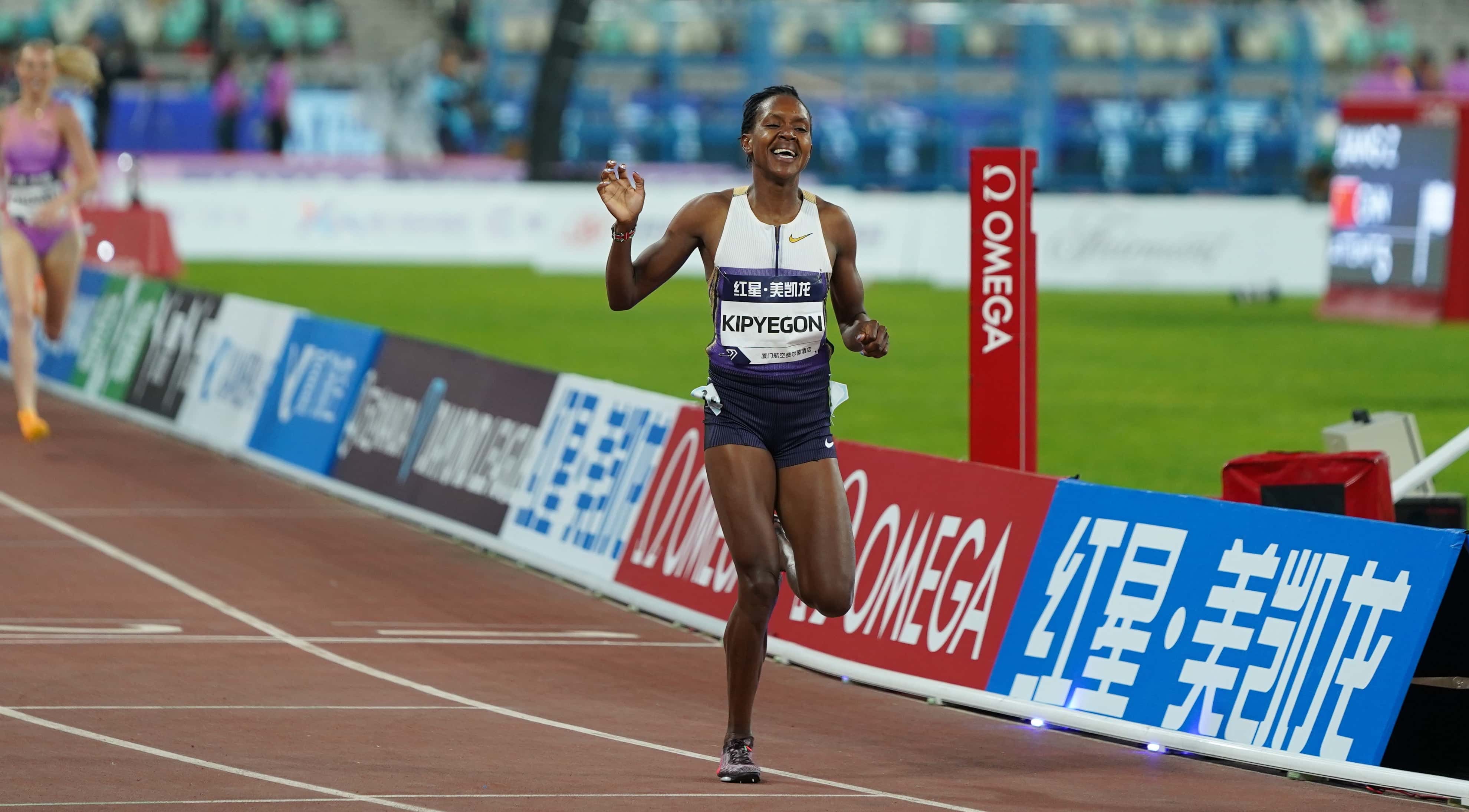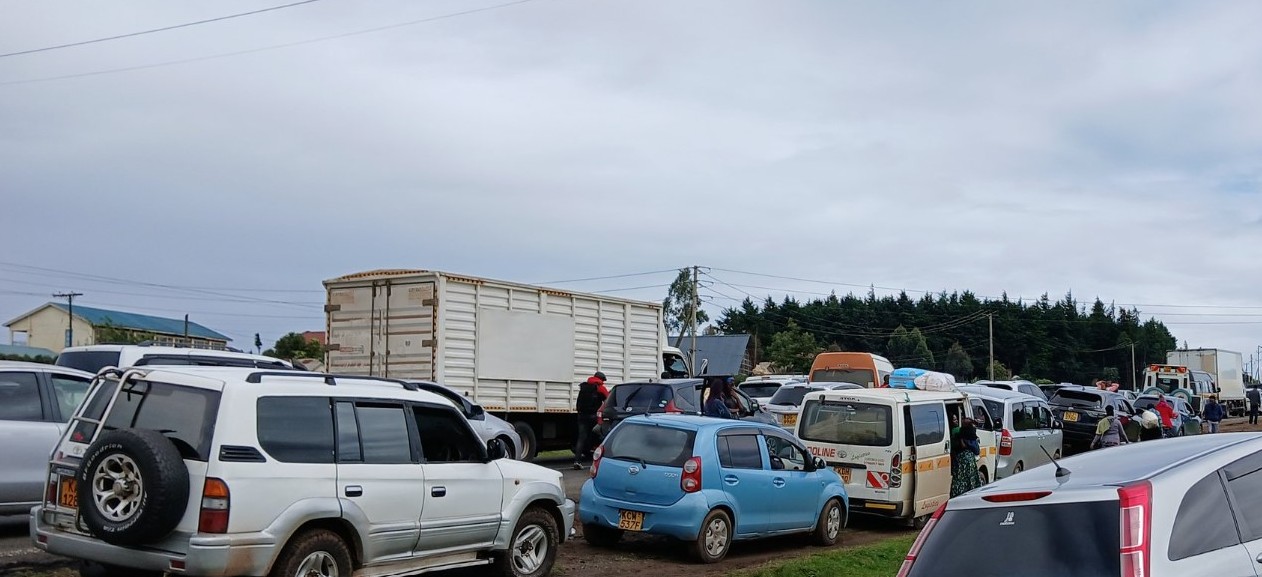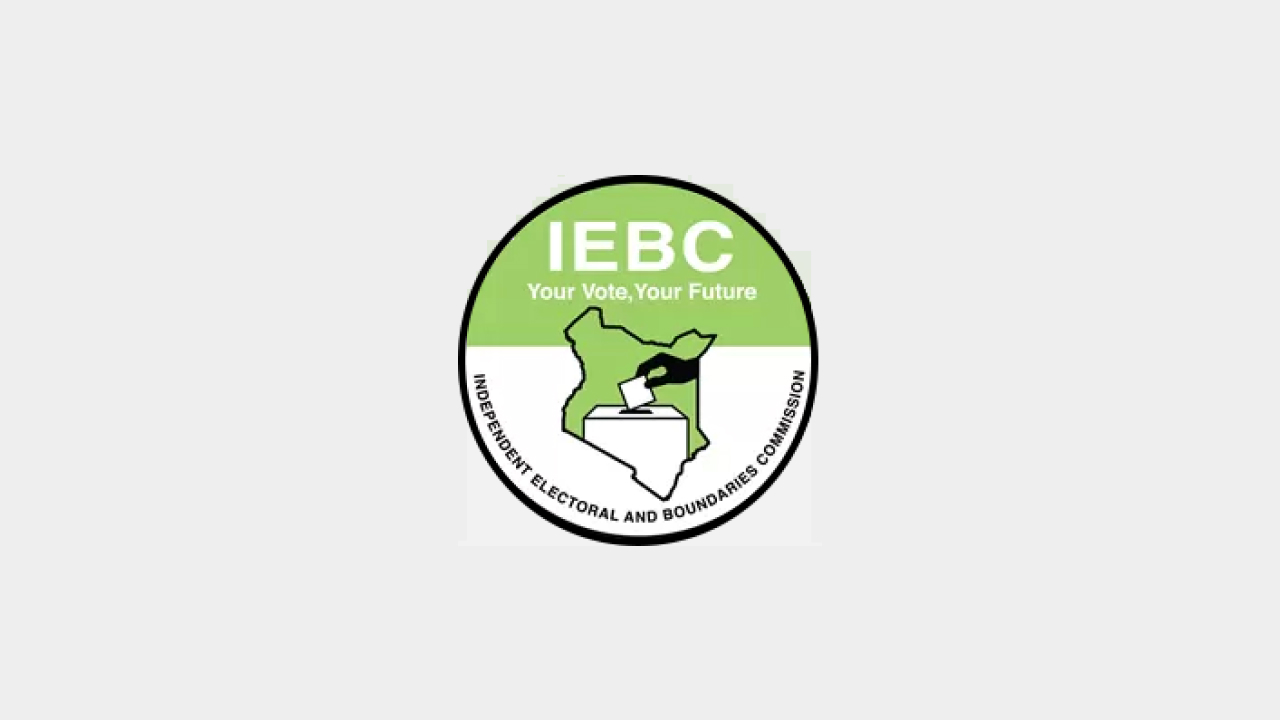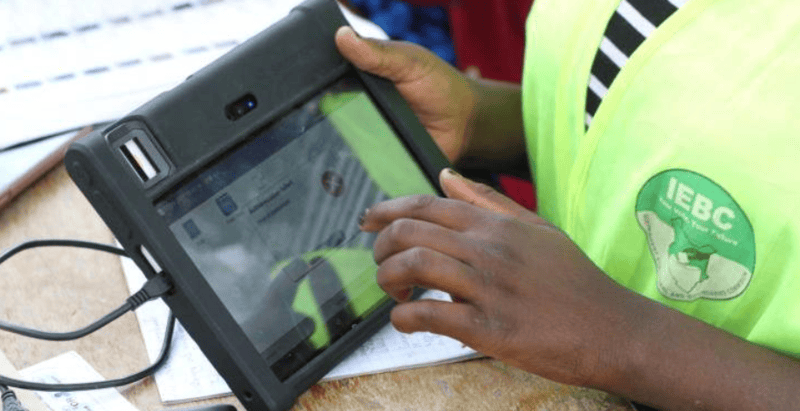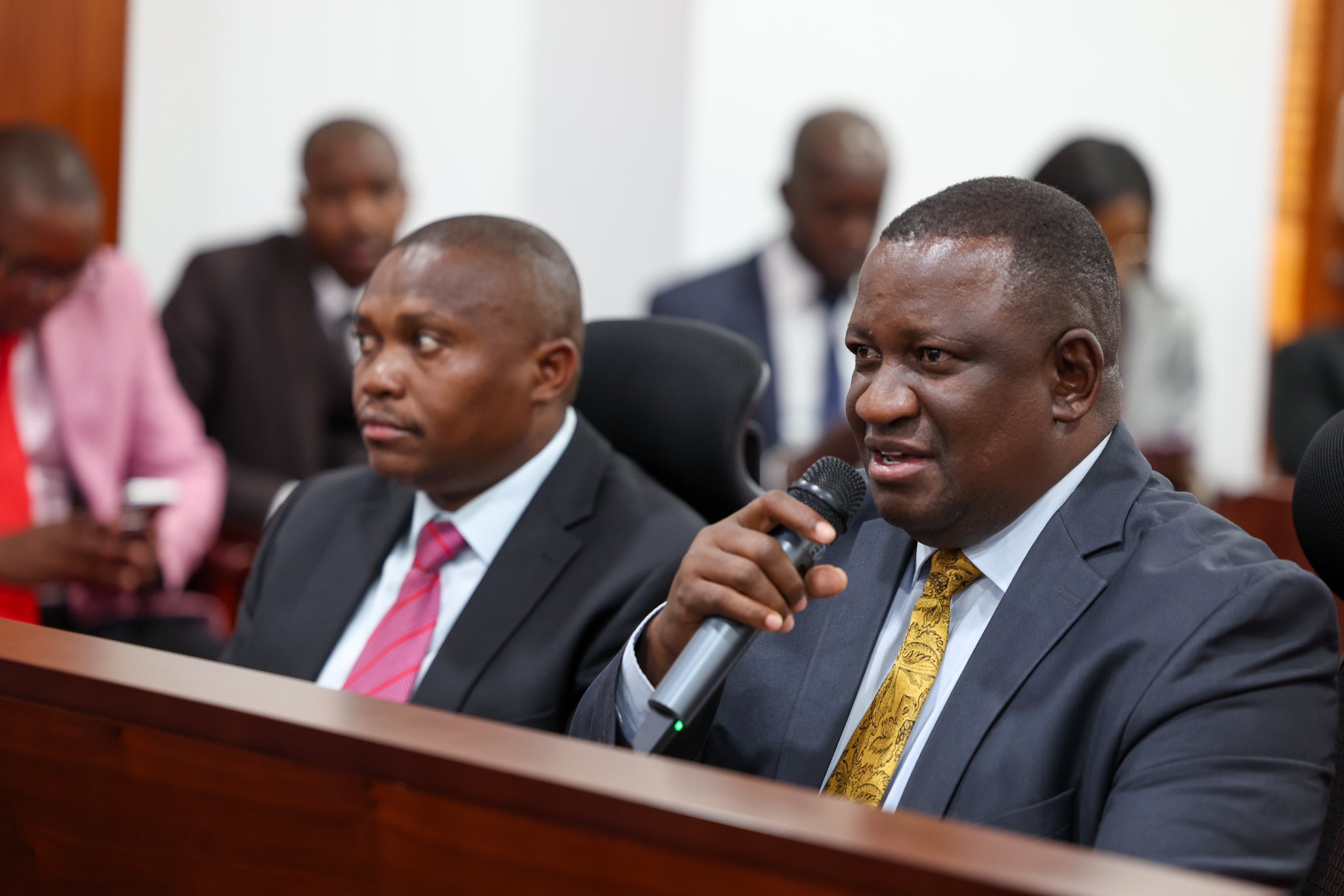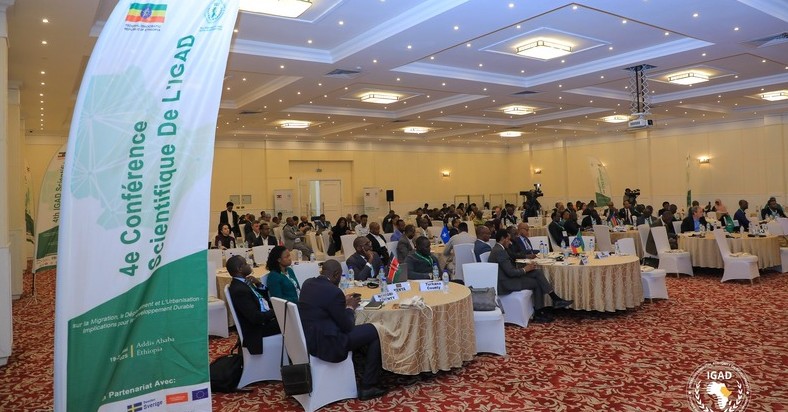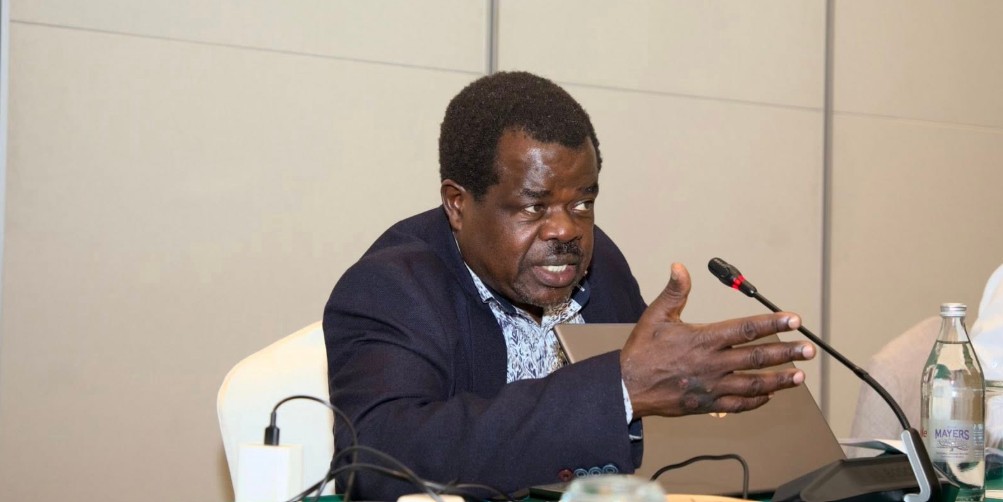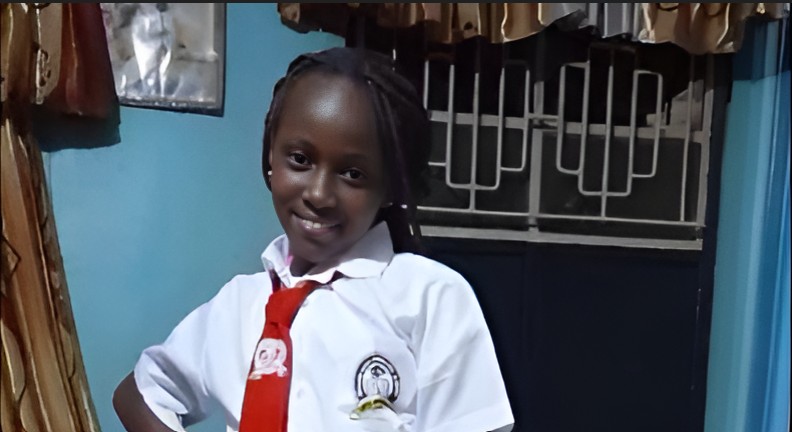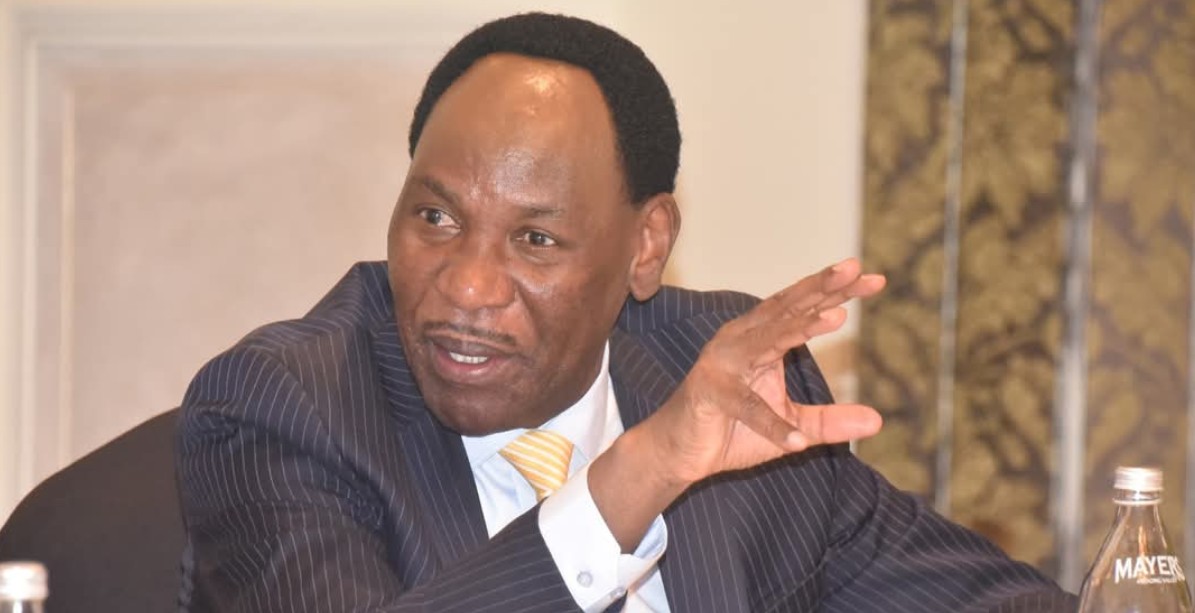World Bank: Africa risks missing growth dream amid rising conflict, fragile reforms

World Bank pegs the shortfall to the occurrence of political violence on the continent, which increased about eightfold between 2000 and 2023, and with it the number of conflict-related deaths and internally displaced persons.
Back in the year 2000, African countries had a vision – to claim the 21st century (2001-2100) as the most growing region globally, and outperform their peers in developed regions.
However, 25 years down the line, the ambition appears uncertain and fragile.
More To Read
- KNH invests Sh7.6 million in solar energy to lower electricity bills
- World Bank urges Somalia to strengthen revenue efforts to support economic stability
- World Bank: Poverty reduction in Africa stalls as widening inequality slows economic progress
- World Bank: Africa remains biggest development challenge despite 25 years of progress
- Foreign direct investment inflows to developing nations fall to 18-year low, threatening job growth - report
- Bleak outlook as CBK reveals one in three firms won’t hire in 2025
According to the World Bank, the bleak prospect is due to the casual approach in managing the parameters of growth in the continent.
It also pegs the shortfall to the occurrence of political violence on the continent, which increased about eightfold between 2000 and 2023, and with it the number of conflict-related deaths and internally displaced persons.
“Twenty sub-Saharan African countries are considered to be in fragile and conflict-affected situations, and 12 currently experience active armed conflict,” the World Bank says.
It thus reckons that major changes are needed if Africans and their children are to claim the century as earlier envisioned.
In 2000, the lender posed a bold question in a landmark report titled ‘Can Africa Claim the 21st Century?’ The document served as a rallying call and strategic blueprint for a continent poised at the dawn of a new millennium.
At that time, African nations were urged to commit to deep reforms across governance, human development and economic competitiveness to close the yawning gap with other world regions.
“A quarter century later, Africa’s progress reveals some advancements, yet efforts to overcome pivotal challenges identified at the century’s outset have fallen short,” the World Bank says in its 2025 sequel report.
Unfinished agenda
“The agenda to mitigate conflicts, invest in people, bolster economic competitiveness, and reduce dependence on external financing remains unfinished.”
The lender, therefore, warns that unless African nations dramatically shift their development paths, they risk further entrenching inequality, exclusion and ecological vulnerability in the decades ahead.
To reshape the continent’s trajectory, the lender says countries must intensify efforts to address three crucial enablers of development, first being governance with accountable leadership and a competent, committed state.
“Without this, progress on any aspect of development is unattainable.”
Secondly, it says African countries need to accelerate the equipping of their youths with skills, technology and give them access to quality health care, enabling them to engage in society and the economy.
African states also need to ensure robust, well-functioning market systems that cultivate growth, foster opportunities and generate productive employment, the lender adds.
It also warns African nations against copying the development strategies of today's industrialised countries, as this approach will not be enough to make the 21st century Africa’s century.
“Instead, countries should focus on using the continent’s inherent potential to gain from a growing population, credible states and an integrated market. They need to chart their own paths in a climate-resilient framework toward higher incomes and widespread prosperity.”
Uneven progress on development
Conversely, the World Bank highlights instances of progress in Africa across all the priority areas.
For example, it notes improvements in governance in certain countries, a modest rise in democratic rule, and an increase in female representation in parliaments.
“Mortality rates have fallen, lifting life expectancy from 50 years in 1998 to 60 in 2021. More children are attending school: primary school enrolment increased from 78 to 99 per cent between 1999 and 2022, and secondary school enrolment from 25 to 45 per cent,” the report reads.
“Over the first 15 years of this century, Africa’s economies demonstrated some of their best growth performance, which created employment and promoted poverty reduction.”
Nevertheless, it adds that aid dependence declined overall, helped by tax revenue that increased from 13 per cent of gross domestic product (GDP) in 2000 to about 15.6 per cent in 2021.
Top Stories Today

